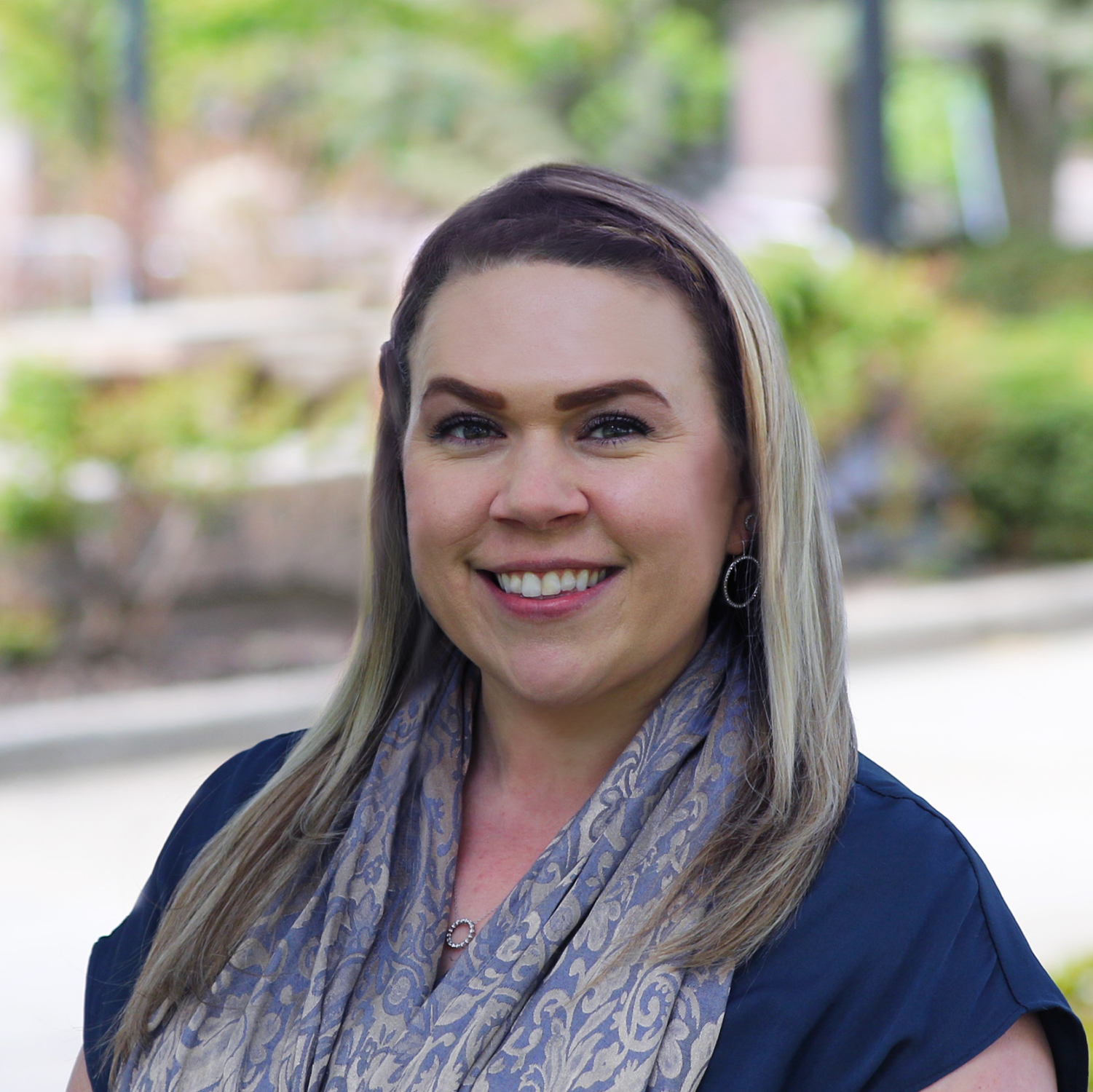New Survey of American Teens Offers Potential Solutions to Persistent Absenteeism
Press Release: For Immediate Release
September 26, 2024
For more information or to schedule an interview, contact:
Chantal Lovell
Chantal@edchoice.org | 989-251-8388
Indianapolis, IN—A new survey of American teens finds persistent absenteeism remains high and offers insights on how schools might increase the number of students in class.
The nationally representative poll was commissioned and developed by EdChoice and conducted by Morning Consult, fielded between August 22 and 26, 2024. In this ninth installment of the semi-annual survey, 1,002 teenagers ages 13 to 18 offered their thoughts on absenteeism, cell phone use, how their schools handle safety, bullying and mental health issues, and attitudes on education policy topics facing the nation.
Consistent with the spring installment of the teen survey, the number of students who report missing at least 15 full days of school remains relatively high. Nearly 1 in 5 teens (18%) self-report being absent for more than 15 whole days of school last year. Notably, females (24%), teens living in urban areas (21%), and teens identifying as LGBTQ (21%) were more likely to self-report excessive absences.
When asked about the reasons for why they were absent from school, teens most frequently cite illness (67%) or having an appointment (61%). Other reasons for being absent were a lack of interest in school (20%), fear of bullying or concern for safety (10%), and having to miss school to work (8%).
“This back-to-school survey provides us with insights into how teens are experiencing school today and why sizable proportions may feel apathetic, disengaged, or otherwise decide school attendance isn’t worth the effort,” said Paul DiPerna, Vice President of Research and Innovation at EdChoice. “Many educators, school leaders, policymakers, and researchers recognize student absenteeism is a major problem facing our country. This survey illustrates the importance of being more attuned to what motivates and challenges teens, so we can empower them to feel safe, be interested in, and ultimately thrive in class and among peers.”
When diving deeper into the “why” of chronic absenteeism, teens point to school being boring (43%), school being too stressful (43%), and school being pointless (42%) as potential reasons to explain the increase in chronic absenteeism. A smaller, but still significant, percentage of teens speculate that being bullied (29%) and getting sick frequently (26%) contribute to increased student absences.
When given a few potential solutions to reduce absenteeism, 57% of teens say more learning activities focused on building life skills would make them more excited to remain in class. Having better access to mental health services would also help, according to 54% of teens. Teens reported that more extracurricular opportunities (52%) and efforts aimed at reducing bullying (51%) would also help.
Access the full results here, and the crosstabs here.
To speak with Paul DiPerna, contact Chantal Fennell at Chantal@edchoice.org, or 989-251-8388.
Methodology
On behalf of EdChoice, Morning Consult administered an online survey to a national sample of 1,002 teens (ages 13–18) from August 22 to August 26, 2024. Interviews were conducted in English. Weights have been applied to the respondent data to ensure the survey sample’s demographics are nationally representative. The demographic weighting targets for teens are based on age, gender, race, ethnicity, and region. For more information about the polling methodology, click here.
About EdChoice
EdChoice is a 501(c)(3) nonprofit, nonpartisan organization. Our mission is to advance educational freedom and choice for all as a pathway to successful lives and a stronger society. We are committed to understanding and pursuing a K–12 education ecosystem that empowers every family to choose the learning environment that fits their children’s needs best. EdChoice is a charter member of the American Association for Public Opinion Research (AAPOR) Transparency Initiative and adheres to its standards and ethics. Learn more at edchoice.org.
###




